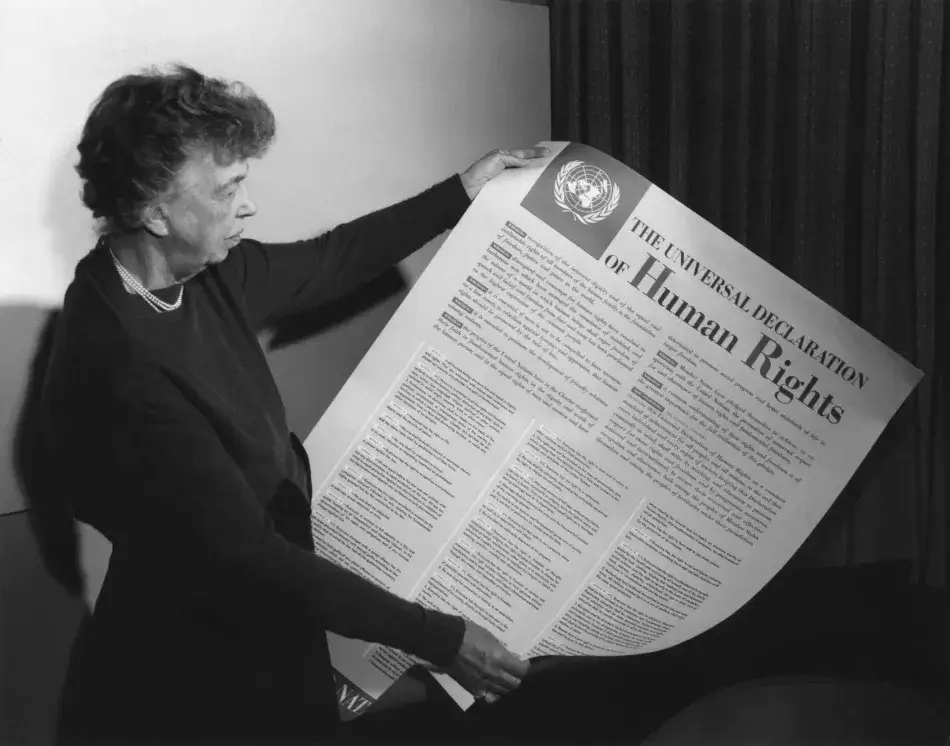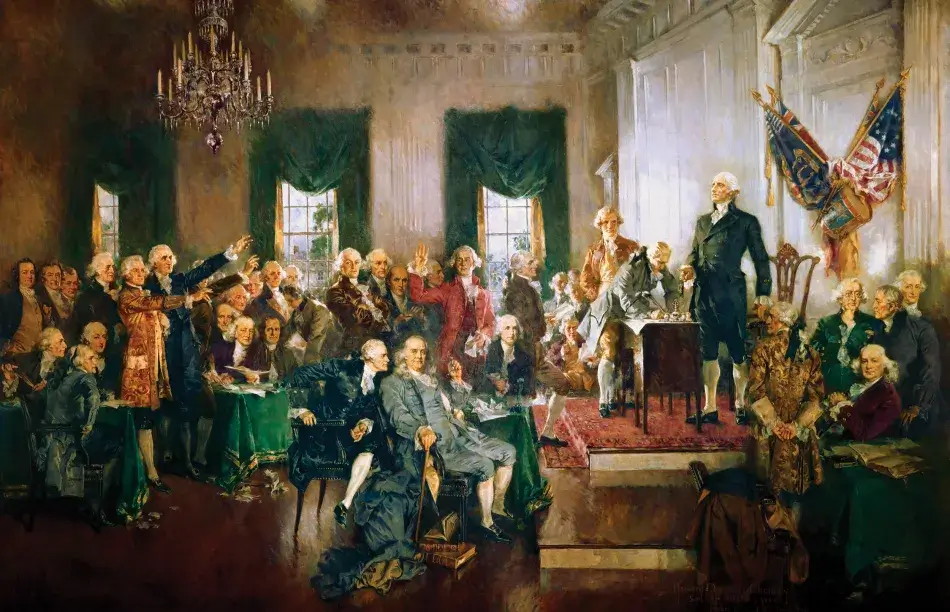
On June 15, 2020, the U.S. Supreme Court ruled by a 6-to-3 majority that “An employer who fires an individual merely for being gay or transgender defies the law.” This ruling is a historic victory for gay and transgender rights, extending employment protections to millions of LGBT+ workers, and will force many employers to revisit and change discriminatory policies and practices. But what this means for faith-based employers, including religious schools and religious health care providers, will be decided in future cases. Are faith-based employers legally entitled to religious exemptions to the law? Should they be?
Written in the months leading up to this ruling, the Summer 2020 issue of Dædalus on “Religion & Democracy” touches on many of these questions and tensions. How far should religious liberty extend in democratic societies? What role should religion play in the conduct of citizens? Much of the world is experiencing the conflict inherent in these questions: between people whose views permit basing political actions and lawmaking on religious convictions and people whose democratic values oppose this. Democratic societies are in principle open to the free exercise of religion and, in constitution, they are characteristically pluralistic in both culture and religion. Yet while religions are highly variable in their stance toward government, many of the world’s most populous religions, including Christianity and Islam, are commonly taken to embody standards of conduct, such as certain prohibitions, that cannot be endorsed by democratic governments committed to preserving liberty for the religious and the nonreligious alike.
The most prominent problems are institutional: the relations that do or should exist between “church” and state. But ethics and political theory also extend to standards appropriate to the conduct of individual citizens, and how they should understand the role of religious convictions – especially their own – in civic affairs.
“Religion & Democracy,” guest edited by Robert Audi, features thirteen essays – by political theorists, moral philosophers, and legal scholars – that take on the challenge of outlining standards that balance respect for both religion and democracy, and provide for their mutual flourishing. This balancing task is difficult and multifarious, but the difficulty of the task is reduced by an examination of the points of tension between certain religious values and certain democratic values as well as an exploration of alternative frameworks for resolving conflicts between church and state. The essays in this issue of Dædalus – most of them based on contributions to a seminar sponsored by the Australian Catholic University in March 2019 – address both institutional questions concerning religion and democracy and the ethics of citizenship as bearing on how individuals, religious or not, may best regard their role in the political system in which they live.

“Religion & Democracy”
Summer 2020 issue of Dædalus
Religion & Democracy: Interactions, Tensions, Possibilities
Robert Audi (University of Notre Dame)
Democracy & Religion: Some Variations & Hard Questions
Kent Greenawalt (Columbia University)
Democracy, Religion & Public Reason
Samuel Freeman (University of Pennsylvania)
Liberalism & Deferential Treatment
Paul Weithman (University of Notre Dame)
The Ironies of the New Religious Liberty Litigation
Cathleen Kaveny (Boston College)
The Perils of Politicized Religion
David E. Campbell (University of Notre Dame)
Are Organizations’ Religious Exemptions Democratically Defensible?
Stephanie Collins (Australian Catholic University)
Secular Reasons for Confessional Religious Education in Public Schools
Winfried Löffler (University of Innsbruck, Austria)
Conscience, Truth & Action
Lorenzo Zucca (King’s College London)
Do Human Rights Have a Secular, Individualistic & Anti-Islamic Bias?
T. Jeremy Gunn (International University of Rabat, Morocco)
Judaism, Pluralism & Public Reason
Jonathan A. Jacobs (City University of New York)
Religion & Transitional Justice
Colleen Murphy (University of Illinois at Urbana-Champaign)
Patriotism & Moral Theology
John E. Hare (Yale Divinity School)
“Religion & Democracy” is available online at www.amacad.org/daedalus/religion-democracy. For questions and more information, please contact daedalus@amacad.org